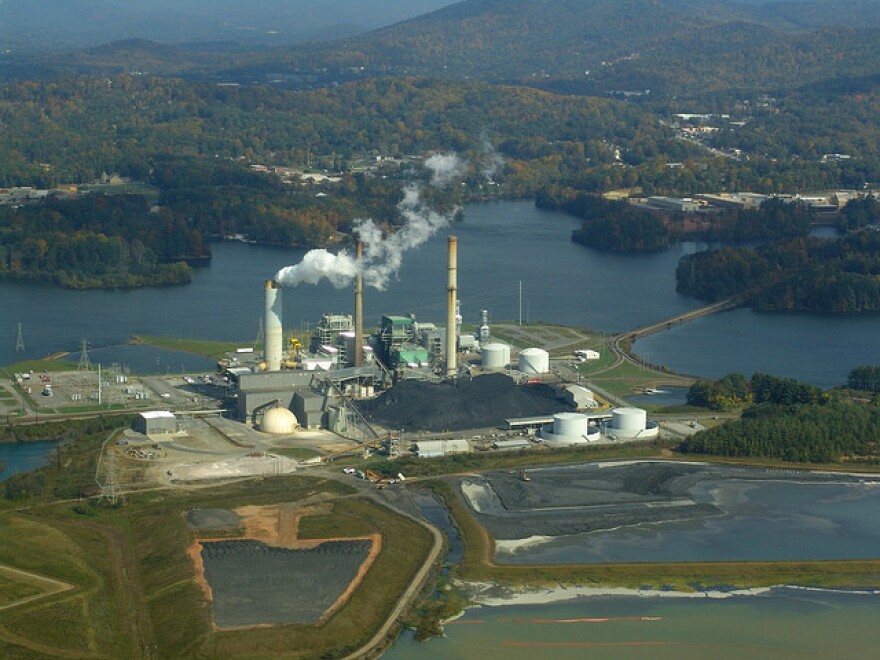Some residents who live near coal ash sites owned by Duke Energy are being told not to drink or cook with water that comes from their wells.
Eighty-seven of the 117 letters (pdf) sent by the Department of Environment and Natural Resources so far have indicated that well water exceeded state groundwater standards for some toxic heavy metals.
“A lot of those substances could be naturally occurring,” Tom Reeder, an assistant secretary at DENR, told WUNC. “We have not been able to attribute any of those to the Duke coal ash ponds yet. We’re still working on that. We’re going to do groundwater plan assessments, which will allow us to determine where these constituents are coming from.”
The first set of letters went out to residents who live near eight of Duke Energy’s coal ash pits: Allen, Asheville, Belews Creek, Buck, Cliffside, Marshall, Roxboro and Sutton.
“These test results confirm what we’ve been saying all along in court," said John Suttles, senior attorney with the Southern Environmental Law Center, in a statement. "Duke’s coal ash pits are leaking toxic pollutants into groundwater. To protect these residents Duke should provide safe, clean drinking water. This news underscores the critical importance of removing coal ash from leaking, unlined pits to dry, lined storage away from our waterways and drinking water sources.”
The results are part of a program being managed by DENR – and paid for by Duke Energy - that tests well water at home sites within 1,000 feet of a coal-ash storage facility. The program is a requirement of the Coal Ash Management Act passed by the Legislature in 2014.
More test results – and more letters – could be sent out soon.








